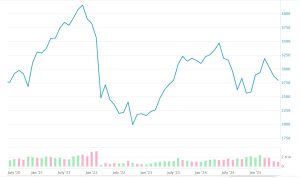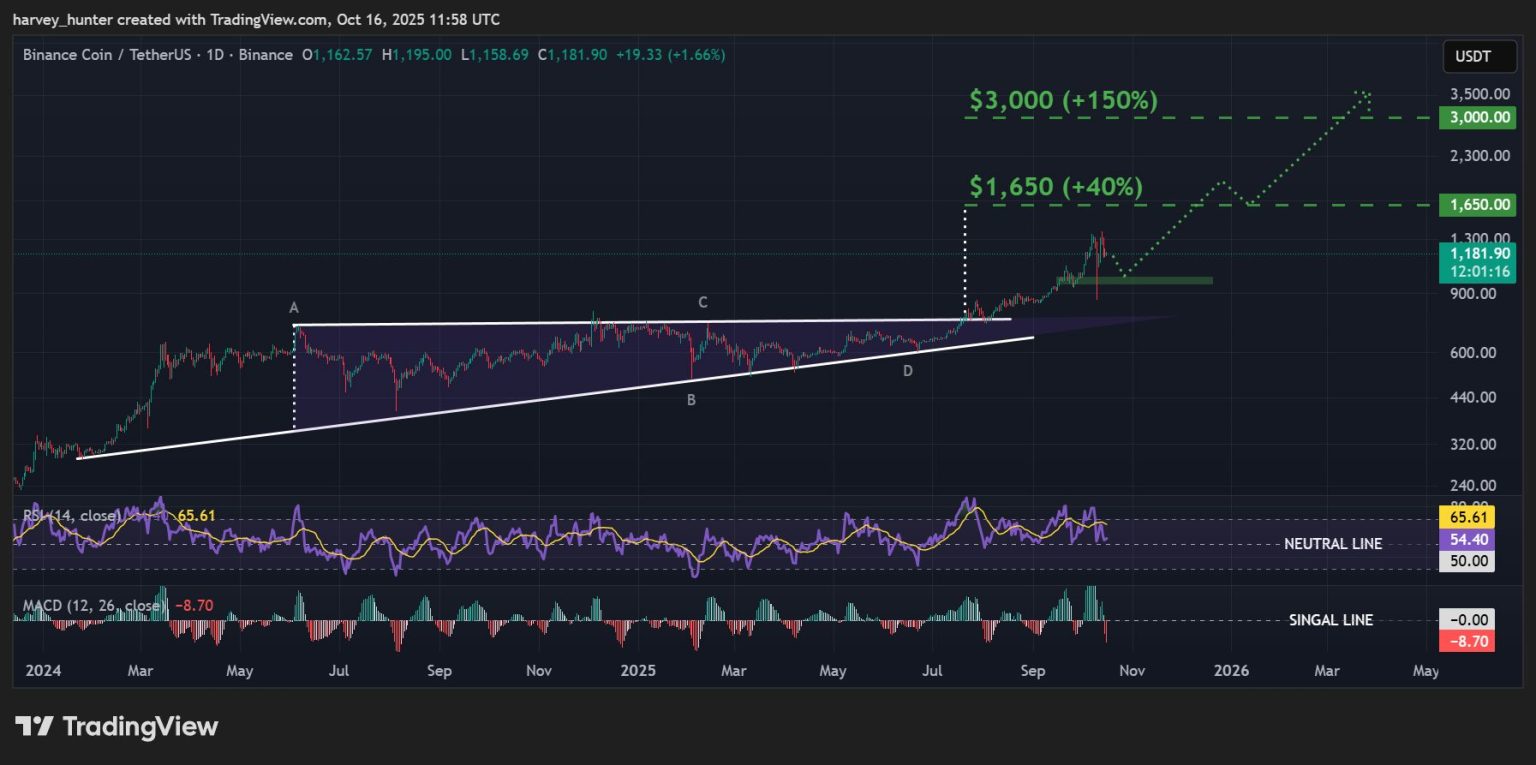
Bitcoin mining giant MARA Holdings reported second-quarter earnings that comfortably beat Wall Street expectations, delivering $238 million in revenue, up 64% year-over-year and above analysts’ forecast of $223.7 million.
Key Takeaways:
- MARA beat Q2 estimates with $238M in revenue and $808M in net income.
- Its BTC holdings hit 50,000+, worth $5.87B, making MARA the second-largest public Bitcoin holder.
- The company is expanding into AI infrastructure via partnerships.
Net income soared to $808 million, reversing a loss of nearly $200 million in the same quarter last year, the company announced in a Tuesday press release.
The jump was driven largely by a $1.2 billion unrealized gain from Bitcoin appreciation, as the asset surged 31% during the three months ending June 30.
MARA shares jumped as much as 7.5% in after-hours trading to $17.82 before settling at $17.22. The stock had closed Tuesday’s session down 3.2% at $16.61, but is still up 58% since April.
The company’s Bitcoin production increased modestly to 2,358 BTC in Q2, compared to 2,286 BTC in the previous quarter. Its energized hashrate rose 6% to 57.4 EH/s.
MARA’s Bitcoin holdings reached 49,951 BTC by the end of June, a 170% increase year-over-year, valued at $5.3 billion.
The firm claims it now ranks second among public companies in Bitcoin holdings, trailing only MicroStrategy’s 607,770 BTC.
Post-quarter, MARA disclosed that its BTC reserves surpassed 50,000, further strengthening its treasury position. As of the latest update, its holdings are valued at approximately $5.87 billion.
In a strategic shift, MARA is now expanding its focus beyond mining. The firm announced partnerships with Google-backed TAE Power Solutions and LG-backed PADO AI to co-develop energy-efficient platforms tailored for AI and next-gen data centers.
CEO Fred Thiel said the company aims to scale to 75 EH/s by the end of 2025, while tapping into the surging demand for AI infrastructure.
“Our vertically integrated mining operations, large BTC treasury, budding international energy partnerships, and early AI infrastructure investments each contribute distinct and measurable value,” said Thiel.
Iran Cracks Down on Crypto Mining Amid Soaring Power Shortages
As reported, Iranian authorities have sounded the alarm over crypto mining’s impact on the country’s power grid, claiming it now contributes up to 20% of the national electricity shortfall.
With demand peaking during the summer heat, mining operations, many illegal, are consuming nearly 2,000 MW of electricity, equivalent to two nuclear reactors.
Officials have stepped up enforcement, seizing over 250,000 unauthorized mining devices across several provinces.
A recent internet outage revealed the scale of the problem, temporarily cutting 2,400 MW of consumption as 900,000 devices went offline.
To combat the crisis, the government is offering cash rewards for tips on illegal mining farms hidden in homes and factories.
Meanwhile, over half of the world’s Bitcoin mining operations still trace their origins to China, with 55% to 65% of mining linked to Chinese capital, hardware, or expertise, according to Uminers CEO Batyr Hydyrov.
Despite China’s 2021 mining ban, key Chinese players have maintained influence by relocating operations overseas.




